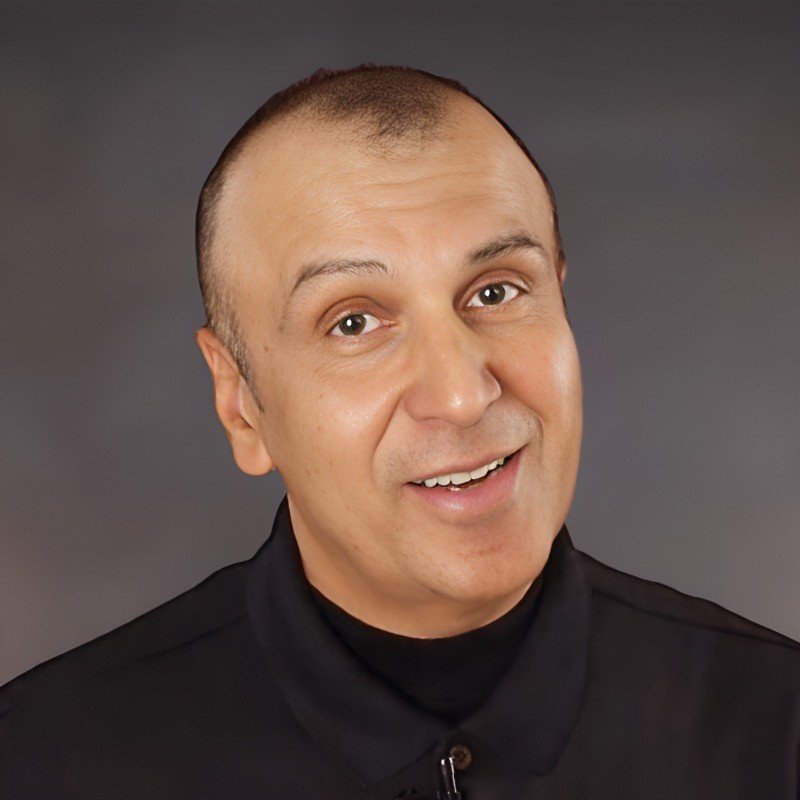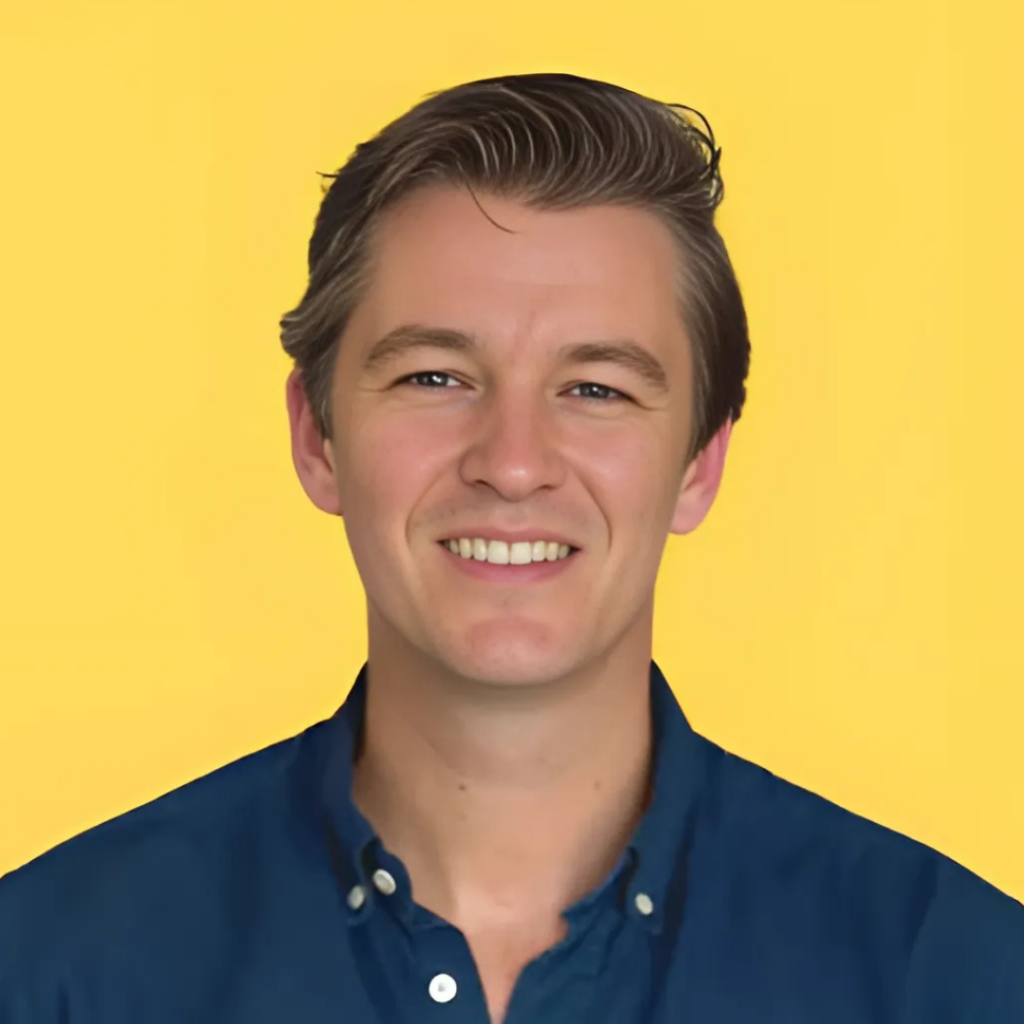Follow Arvin Ash on his socials here:
Website | Facebook | X | TikTok | Instagram
or explore the engaging and thought-provoking videos on his Youtube channel, which delve into the big questions of science, philosophy, and the universe.
After a transformative personal experience, Arvin Ash shifted from a corporate career to establishing one of YouTube’s most distinctive science and philosophy platforms. His channel breaks down complex scientific ideas while encouraging curiosity and critical thinking, making these subjects accessible to a wide audience.
This interview provides an unfiltered look into Arvin’s journey, his creative process, and his vision for the future of science communication. By keeping his original responses intact, we offer an authentic and insightful perspective on how Arvin navigates the delicate balance of storytelling, accuracy, and education in his videos.
I have a Bachelors in Chemical Engineering and a Masters in Mechanical Engineering from the University of Michigan. I taught undergraduate physics, mechanical engineering, and robotics while a graduate student there. This teaching experience is what sparked an interest in science education in me. I was recognized by students and professors as someone who could simplify complex scientific and engineering concepts and explain them well to undergraduate students. I tried to answer the “why” questions and not just the “how” questions. Students seemed to appreciate that. But asking enough “why” questions usually led to a dead end, when the answer inevitably was, “we don’t know!” And this would sometimes lead to philosophical debates with students in class. I found these debates to be quite interesting and entertaining.
Teaching was a passion, but like many people I was chasing dollars, not happiness. I got a job with a large chemical company, and climbed the proverbial corporate ladder for almost 20 years. I ended up in upper management making a decent living, but I was stressed out, burned out, and never really happy. This came to a head in 2017, when a personal tragedy made me to reevaluate my values and my life in general.
What inspired you to start your YouTube channel, and how has your journey evolved since those early days?
In 2017, my brother died while we were on a family vacation in the Caribbean. He was my only sibling. My brother had gone snorkeling and went out a little too far away from shore. He got caught in a riptide, and drowned as he tried to swim back to shore. I saw the whole thing happen from shore, but couldn’t do anything to help him.
This was particularly painful for me because of the guilt I felt, since I was the one who planned and pushed this vacation. I didn’t get a chance to tell him I loved him before he died.
I was emotionally jolted. And came to the realization that the same fate could befall on me at any time, that life is not guaranteed, and that I needed to stop doing things that did not make me happy – like continuing to pursue the corporate ladder.
His death is the reason I started my YouTube channel. He and I used to talk about many of the subjects I discuss in my videos. I started making videos based on some of the conversations we had, as way for my own self to heal. And somehow it caught on with other people unexpectedly.
How do you approach breaking down intricate scientific concepts into videos that are accessible and engaging for a broad audience?
I first write down everything I would like to cover about a subject, and think about what questions my audience members would have after every point made. Then I try to view the script from the perspective of my kids when they were 12 years old. Would they understand this? What would make sense? What wouldn’t make sense? There is a lot of revision and rewriting that I do. Script writing for me is a long process that takes at least a week or two to finish. And even after the initial video is made with animations and graphics, I usually do anywhere from four to eight rounds of revisions. I’m sure I drive my editors crazy, but they are used to it by now.
Out of all the topics you’ve covered, which one is your favourite to explore and why does it resonate with you so much?
The topics that resonate with me most are the ones where I ask and answer simple fundamental “why” questions, that perhaps people have not given much thought to and take for granted. For example, why are most metals gray? Why does a pencil usually fall when you try to stand it on its end? Why does time only move forward? Why does light exist? Why is there something rather than nothing? We take a lot of things around us for granted, but there is usually some explanation for why things are the way they are. And sometimes when there isn’t a good explanation, I find it fun to discuss a hypotheses or philosophical underpinnings regarding the subject.
Which video that you’ve created stands out as your personal favourite or the most intriguing to discuss, and what makes it special?
My video called, “Why is the speed of light what it is?” is probably my personal favorite because I talked about not only how the speed of light shows up in Maxwell’s equations, but also what those equations mean from a fundamental point of view. To make this video meaningful and easy to understand, we also had to create new animations for almost every scene. These turned out to be quite complicated, and time consuming. But I do think the end result was worth it.
What challenges have you faced in maintaining a balance between scientific accuracy and engaging storytelling, and how do you overcome them?
There can be a danger in simplifying things a bit too much in the interest of telling a compelling story. And when I first started, I was guilty of making some careless errors. Since then, I’ve hired technical consultants that fact check my scripts and help keep me honest. I’ve sometimes gotten into arguments about how to phrase certain things, or say something that is not quite precise. But I invariably err on the side of technical accuracy vs interesting prose.
Looking ahead, what topics or projects are you most excited to tackle on your channel, and how do you hope to inspire your viewers in the future?
I hope to try more experimental videos. For example, we are finishing up a Sci-Fi video currently, which may or may not resonate with our audience. But it’s a fun project that I enjoyed working on. It allowed me to act as a movie director, and tell what I think is a great story, even though it’s fictional. We are also going to experiment with a science comedy video. I am hoping to reach a wider audience, but the main reason for doing these “off-topic” videos is because I enjoy doing them. I don’t make videos based on audience surveys. But our bread and butter will always be educational videos that ask the big questions, and answer them in a way that most anyone can understand.

Hassan graduated with a Master’s degree in Chemical Engineering from the University of Chester (UK). He currently works as a design engineering consultant for one of the largest engineering firms in the world along with being an associate member of the Institute of Chemical Engineers (IChemE).



